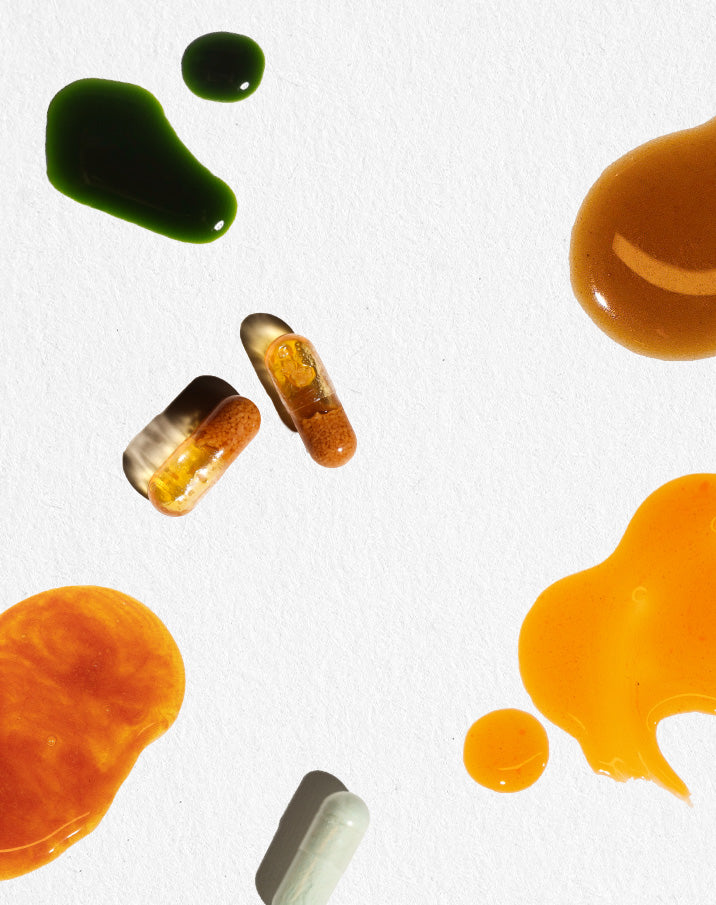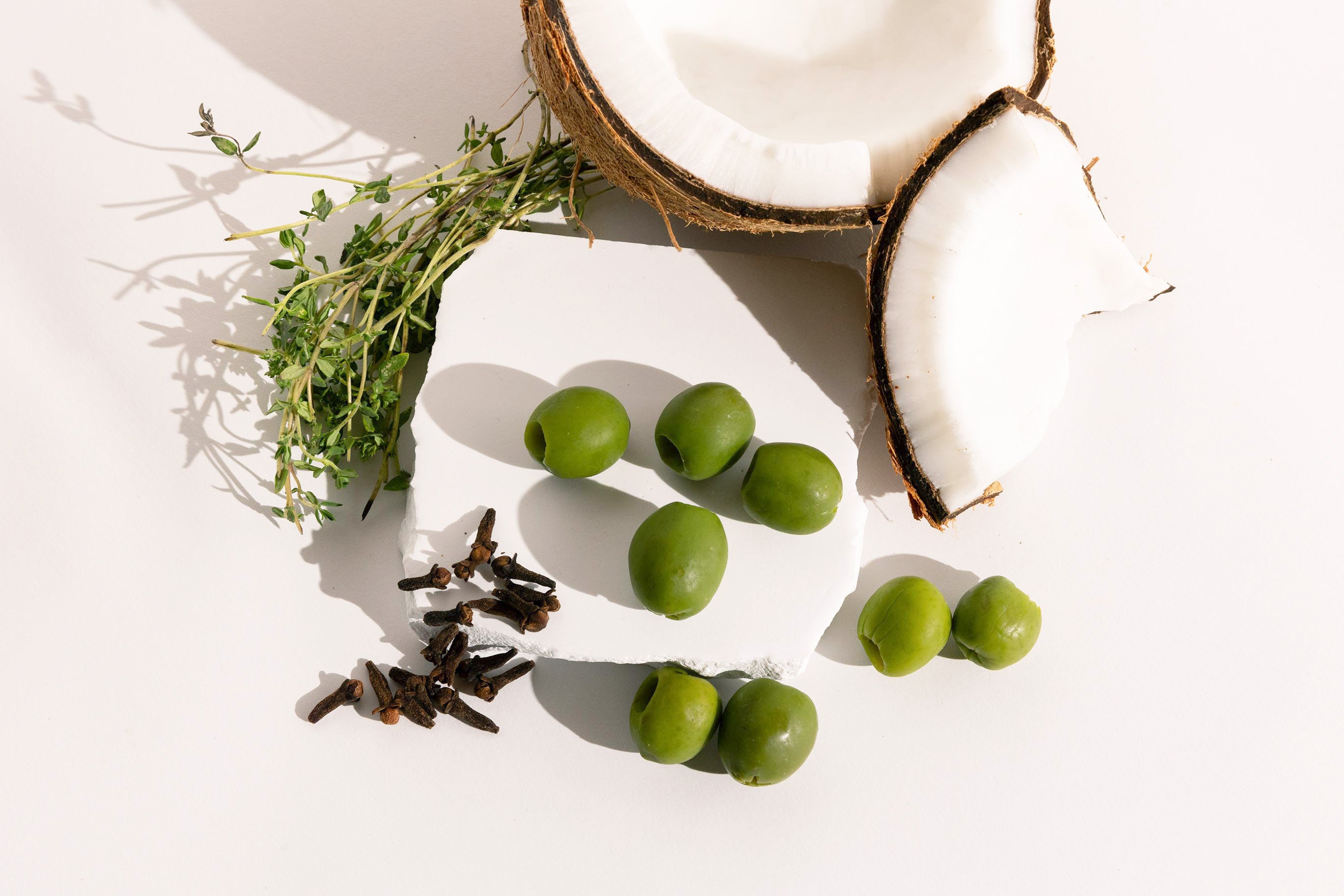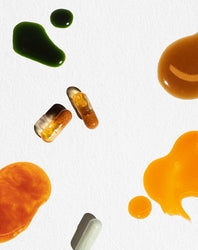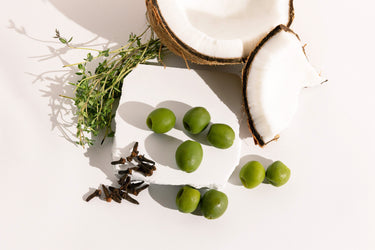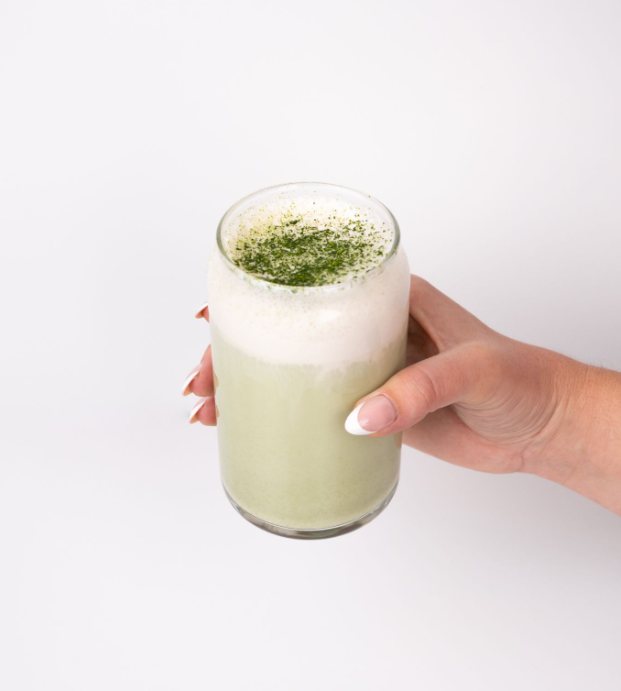
The foods you consume can have a powerful impact on your gut health. Certain foods feed your gut’s healthy bacteria, allowing you to enjoy optimal gut health. Other foods may irritate and inflame your gut, enabling “bad” bacteria to overtake the good.
While everyone’s body is different, some foods are known to cause more gut issues than others. Below, we’ll review some of the worst foods for gut health and offer some healthy alternatives.
Why Does Gut Health Matter?
The health condition of your gut is more important than you may think. It’s even been called the body’s “second brain,” denoting its central role in (1):
- Digestion
- Nutrient absorption
- Metabolism
- Immune system
- Mental health
As a result, it’s important to keep your gut in tip-top shape.
The 8 Worst Foods for Gut Health
One way you can take care of your gut is by avoiding foods that cause it to become inflamed or overtaken by bad bacteria. To help you out, we’ve compiled this list of the eight worst foods for your gut.
1. Highly-Processed Foods
Processed foods are any foods that are not in their whole, natural form. While minimally-processed foods (like pre-cut vegetables) are generally healthy, ultra-processed foods are often chock-full of additives, preservatives, sodium, fat, and sugar, contributing to the development of harmful bacteria.
Some examples of highly-processed foods include:
- Soft drinks
- Chips
- Candy
- Instant noodles
- Packaged bread
- Hot dogs
- Chicken nuggets
- Breakfast cereal
While highly-processed food preservatives keep them fresh on the shelves of grocery stores, they may be as fresh for your gut. Added preservatives can contribute to inflammatory bowel disease, metabolic syndrome, insulin resistance, and a host of other gut gastrointestinal problems (2). Additionally, highly-processed foods are often stripped of their fiber content, which is essential to your gut health. Fiber keeps your digestion moving and feeds the good bacteria in your gut (3).
With processed food’s irritating additives and lack of fiber, it's a lose-lose combination for your gut.
The Swap
While processed foods are super convenient and incredibly tempting to the taste buds, they’re not the healthiest choice. Your gut would be better off if you chose whole foods or minimally-processed foods to cleanse gut intestines instead. Consider swapping out chips for pre-cut carrot and celery sticks when you’re craving a snack.
2. Refined Sugar
Over the years, sugar has developed a bad rap—and for good reason. Sugar is detrimental to your immune system (4), dental health, and gut health.
This sweet substance has been associated with constipation, bloating, cramps, and inflammation (5). It has also been shown to negatively alter the composition of your gut microbiota (6).
The Swap
Sugar is quite addictive, so it can be hard to give up. However, you can satisfy your sweet tooth in healthier ways. Consider swapping out your sodas, candy, and treats for fresh fruit like strawberries, blueberries, mangoes, melon, and more.
3. Artificial Sweeteners
Refined sugar isn’t the only sweetener to be wary of. An artificial sweetener, like sorbitol or aspartame, is commonly found in zero-calorie drinks, sugar-free chewing gum, and protein bars.
If you’re trying to lose weight, these types of products may appeal to you, due to their lack of calories. However, an artificial sweetener can be harmful to your gut biome.
Research has shown that artificial sweeteners may (7):
- Alter your gut microbial composition
- Increase your glucose intolerance
- Raise your risk of metabolic disease
The Swap
If you're suffering from poor gut health, it’s a good idea to switch out any products that contain artificial sweeteners for more natural, minimally-processed alternatives. For instance, you could enjoy sparkling water and infuse it with some freshly cut fruit, rather than an artificially-sweetened, zero-calorie or diet soda.
4. Animal Protein
If you’re looking for another reason to go vegan or vegetarian, add gut health to the list. Animal protein can disturb your gut microbiome if you consume it in high amounts (8).
In modern animal agriculture, many animals are given antibiotics. In fact, 80% of antibiotics sold in the United States are used for this purpose (9). By consuming this meat, you could be ingesting these antibiotics too (10). Antibiotics wipe out all of the beneficial bacteria in your gut, including your essential healthy bacteria. In turn, this type of meat could upset your gut’s microbial composition and increase your risk of developing inflammatory bowel disease.
Many types of animal protein have been linked to detrimental gut impacts, including:
- Red meat
- Poultry
- Farmed fish
- Eggs
The Swap
Nowadays, there is a wide range of plant-based meat alternatives to choose from. You can also get your protein from plant sources, like beans, lentils, tofu, tempeh, and nuts.
5. Dairy Products
Meat isn’t the only animal product that can harm your gut. Dairy products are also high on the list, especially if you’re lactose intolerant.
Even if you don’t have a dairy intolerance, consuming dairy can alter your current healthy gut bacteria composition in a matter of days (11). This alteration has been linked to intestinal disease and inflammation. Additionally, the saturated fat in cheese and milk has also been associated with increased inflammation.
While giving up your Instagram-worthy charcuterie boards may be tough, it could be beneficial for your gut.
The Swap
Just like with meat, there are a host of non-dairy milks, yogurts, cheeses, and ice creams on the market. You may discover that these alternatives are easier on your gut, especially if you’re sensitive to dairy.
6. Gluten
Speaking of food intolerances, gluten is a common one. This protein is found in several types of grains, including wheat, barley, and rye. As a result, the following foods commonly contain gluten:
- Bread
- Bagels
- Pasta
- Pizza
- Cereals
- Cookies
- Cake
- Donuts
- Beer
Going gluten-free has risen in popularity in recent years. While a gluten-free diet isn’t necessary for everyone, people with celiac disease should avoid gluten at all costs. Gluten can cause people with celiac disease to experience gut inflammation and digestive tract damage (12).
However, gluten’s harm is not limited to those with celiac disease. It has been shown to cause stomach pain, bloating, and fatigue in many people without the disease (13).
The Swap
If you suspect that gluten is the cause of your digestive woes, consider cutting it out of your diet temporarily. If you feel better without gluten, you may want to consider making the change permanent.
Avoiding gluten may help you reduce your gut inflammation, insulin resistance, and weight gain struggles (14), resulting in a happier gut and a healthier body.
Fortunately, many grocery stores and restaurants carry gluten-free alternatives, making it much easier to make the transition.
7. Alcohol
From a nice cold beer after work to a glass of wine with friends, alcohol consumption is very popular in today’s culture. It’s used as a tool to celebrate, socialize, and unwind. However, your drink of choice may be doing more harm to your gut than you realize.
Alcohol can disrupt your gut in the following ways (15):
- It may increase inflammation
- It may alter your gut’s microbiota composition
- It may lead to an overgrowth of harmful gut bacteria
- It may increase your gut’s permeability, allowing harmful pathogens to enter your bloodstream
Due to these effects, alcohol is best consumed in moderation. If you can cut it out of your diet completely, even better.
The Swap
The party doesn’t have to stop just because you’re limiting your alcohol intake. You can always enjoy a tasty mocktail instead.
8. Fried Foods
After a night of drinking, many people crave fried foods. French fries, mozzarella sticks, and fried onions have a special way of hitting the spot after a night out.
While tasty and delicious, fried foods are not a friend of your gut. They’re usually high in fat—especially saturated fats and trans fats. These types of fat are known to irritate your stomach (16).
After eating fried food, you may be more prone to diarrhea, gas, or stomach cramps (17). Along with these uncomfortable symptoms, fatty fried food may alter your gut bacteria’s composition, enabling the bad bacteria to overtake your gut (18).
For information on, how to get rid of bad bacteria in the gut and signs of an unhealthy gut, follow the link provided!
The Swap
Rather than frying your food, consider roasting it, baking it, or steaming it instead. These cooking alternatives can be just as tasty with the right seasonings.
Support a Healthy Gut with Cymbiotika
Now that you understand how certain foods impact your gut, you can take better care of it. In turn, your new and improved healthy gut will support your overall health and well-being.
If you’d like to give your gut some extra TLC, Cymbiotika's gut supplements can help. We offer a wide range of high-quality supplements, including:
- Liposomal Sulforaphane Matrix – This powerful supplement has been shown to support cellular detoxification, reduce free radical damage, and lower inflammation. It can also help your body neutralize toxins, whether they come from the environment or some of these gut-harming foods.
- Shilajit Resin – Our Shilajit Black Gold Mineral Resin is a beneficial adaptogen that has been shown to enhance metabolism and give your cells more energy. This ancient super nutrient is heralded by Ayurvedic and European medicines alike. It’s rich in antioxidants, enzymes, and vitamins that can improve your overall health, including your gut health.
At Cymbiotika, we believe that your body deserves the very best. That’s why all of our exceptional supplements are made in the USA with organic, vegan ingredients to improve your digestive health. Learn how Cymbiotika can help you become your healthiest version today!
Sources:
1. NCBI. Gut Bacteria in Health and Disease.https://www.ncbi.nlm.nih.gov/pmc/articles/PMC3983973/
2. Live Science. Why Processed Foods May Promote Gut Inflammation. https://www.livescience.com/54839-food-additives-gut-bacteria.html
3. NCBI. Fiber and Prebiotics: Mechanisms and Health Benefits. https://www.ncbi.nlm.nih.gov/pmc/articles/PMC3705355/
4. NCBI. Diet and Immune Function. https://www.ncbi.nlm.nih.gov/pmc/articles/PMC6723551/
5. NCBI. Effect of diets low and high in refined sugars on gut transit, bile acid metabolism, and bacterial fermentation. https://www.ncbi.nlm.nih.gov/pmc/articles/PMC1379072/
6. NCBI. The Effect of Diet on the Human Gut Microbiome: A Metagenomic Analysis in Humanized Gnotobiotic Mice. https://www.ncbi.nlm.nih.gov/pmc/articles/PMC2894525/
7. NIH. Artificial sweeteners induce glucose intolerance by altering the gut microbiota. https://pubmed.ncbi.nlm.nih.gov/25231862/
8. NCBI. Influence of diet on the gut microbiome and implications for human health. https://www.ncbi.nlm.nih.gov/pmc/articles/PMC5385025/
9. NCBI. Antibiotics Overuse in Animal Agriculture: A Call to Action for Health Care Providers. https://www.ncbi.nlm.nih.gov/pmc/articles/PMC4638249/
10. NIH. Heavy use of prophylactic antibiotics in aquaculture: a growing problem for human and animal health and for the environment. https://pubmed.ncbi.nlm.nih.gov/16817922/
11. Nature. Diet rapidly and reproducibly alters the human gut microbiome. https://www.nature.com/articles/nature12820
12. Harvard. Celiac disease. https://www.health.harvard.edu/diseases-and-conditions/celiac-disease
13. NIH. Gluten causes gastrointestinal symptoms in subjects without celiac disease: a double-blind randomized placebo-controlled trial. https://pubmed.ncbi.nlm.nih.gov/21224837/
14. NIH. Gluten-free diet reduces adiposity, inflammation and insulin resistance associated with the induction of PPAR-alpha and PPAR-gamma expression. https://pubmed.ncbi.nlm.nih.gov/23253599/
15. Alcohol Research Current Reviews. Alcohol and Gut-Derived Inflammation. https://www.arcr.niaaa.nih.gov/arcr382/article01.htm
16. NCBI. Gastric Emptying of Low- and High-Caloric Liquid Meals Measured Using Ultrasonography in Healthy Volunteers. https://www.ncbi.nlm.nih.gov/pmc/articles/PMC6327730/
17. Medical News Today. What you should know about diarrhea. https://www.medicalnewstoday.com/articles/158634
18.NCBI. Influence of High-Fat-Diet on Gut Microbiota: A Driving Force for Chronic Disease Risk. https://www.ncbi.nlm.nih.gov/pmc/articles/PMC4578152/
